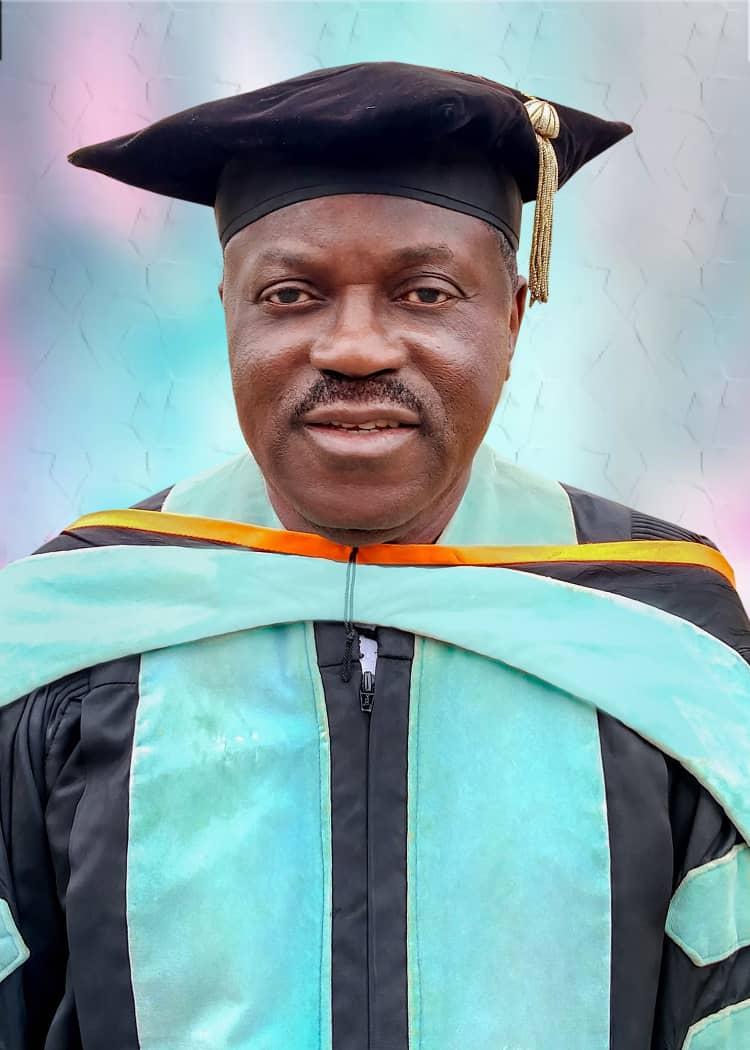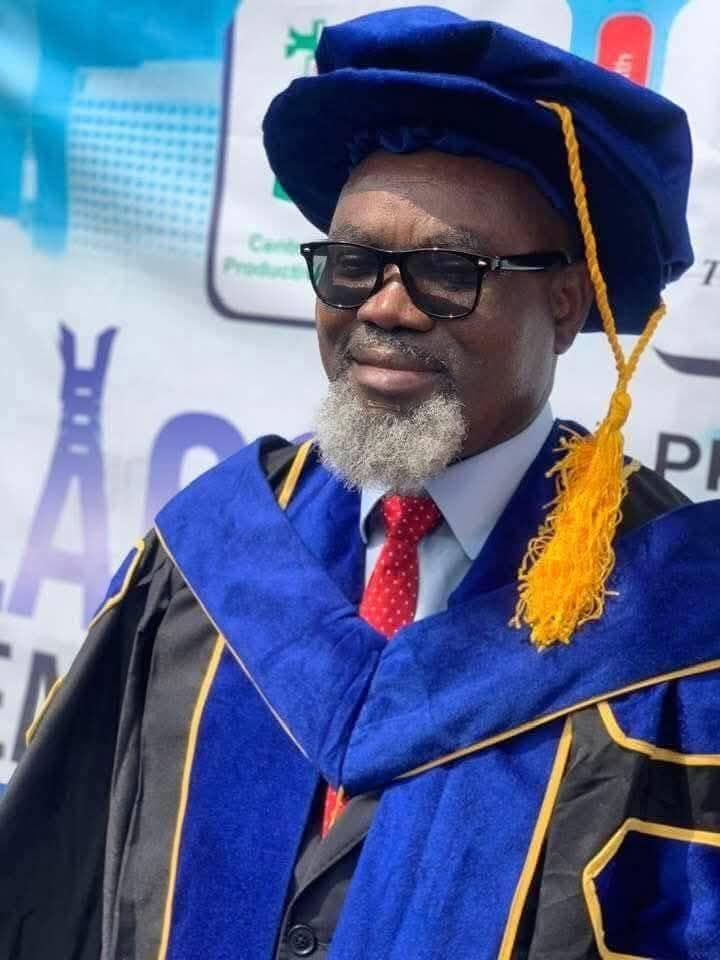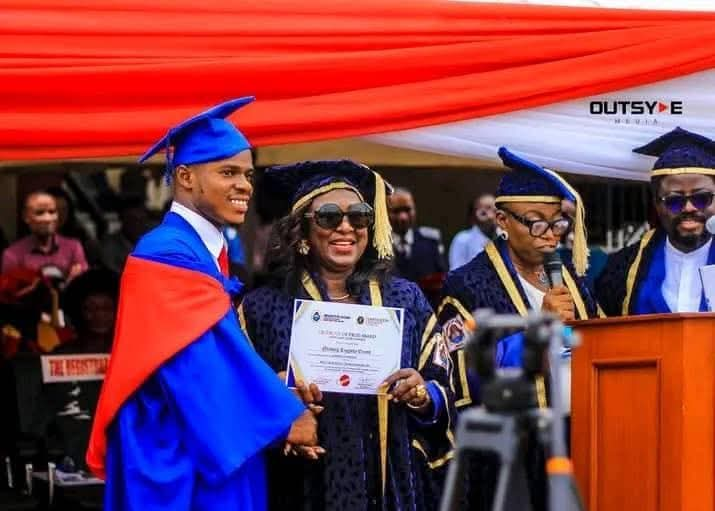…Warns of OverReliance on AI
Professor Taoheed Adedoja, Director-General of the Cross River State-owned Teachers Continuous Training Institute (TCTI

) Biase, on Thursday October 16th, 2025, delivered a keynote address titled, ‘Curriculum Transformation in Nigeria: Digital literacy As 21st Century Pedagogy’ at the 15th Biennial Conference of the Nigerian Chapter of the World Council for Curriculum and Instructions (WCCI).
The three-day conference, held at the College of Health Technology Calabar, under the theme: ‘Functional Pedagogy for Effective Learning Of Subject Related Skills’, brought together delegates from across the nation, scholars and academic institutions’ stakeholders to discuss learning transformation for 21st-century pedagogy.
Professor Adedoja, a former Dean of the Faculty of Education at Bayero University kano, stressed that a frank assessment of the current system is necessary. He pointed at ‘persistent and systemic gaps, particularly in science, technology and innovation, which he described not as mere logistical hurdles, but as ‘fundamental barriers’ impeding students’ ability to innovate and contribute to the national and global economy.
While acknowledging these challenges, the TCTI boss praised the federal government for its recent review of the primary and secondary education curriculum, noting that with this development, Nigeria stands at the most current in school curriculum review in Africa.
However, he stated that the exclusion of digital literacy from pre-primary and primary 1-3 levels should be re-considered, emphasizing that children learn any subject better at a younger age.
“Various countries all over the world review their curricula after spanning a period of 5-10 years. It is interesting to note that despite the criticism that has trailed the educational system, Nigeria is in the forefront of revamping her educational system”, lauding the WCCI Nigeria Chapter for the timely organisation of the conference.
Professor Adedoja urged educators to recognize the fact that: “The world has shifted. The global economy is driven by information, innovation and interconnectedness,” he stated.
The Director-General also addressed the emerging challenge posed by Artificial Intelligence (AI) in the classroom, despite the push for digital literacy. He cautioned against students’ undue dependence on AI applications.
Adedoja, a former governing council chairman of Federal University Dutse, Jigawa State, said AI has reduced critical thinking and research skills which erodes academic integrity when AI-generated content is submitted as original work. To mitigate this trend, the educationist recommended that primary and secondary school teachers should subject their students to more activities that encourage critical thinking, reading and writing.
Adedoja who received a resounding applause from delegates for his outstanding presentation, once again reaffirmed to educational institutions in the country that the TCTI is acclaimed as one of Nigeria’s best for retraining teachers in all subject areas, including how to effectively use digital literacy for teaching and learning.
In his address, Professor Martin Olofu of the Department of Curriculum and Teaching of University of Calabar, and President of World Council for Curriculum and Instructions, further emphasized the necessity of classroom education reforms. Olofu asserted that these changes are crucial because they will not only enhance learning outcomes, but will also effectively tackle the core challenges confronting elementary and secondary education in the country.
The gathering of educators and scholars addressed functional pedagogy across various fields, including science, vocation and technical skills, language and arts, business and social sciences, early childhood and special needs education.
The conference marked a significant milestone with the launch of two major publications by WCCI.
The event was co-hosted by several key institutions, including the University of Calabar, the University of Cross River State (UNICROSS), the Teachers Continuous Training Institute (TCTI) Biase, the University of Education and Entrepreneurship Akamkpa, the College of Health Technology Calabar, and the Federal College of Education Obudu.





